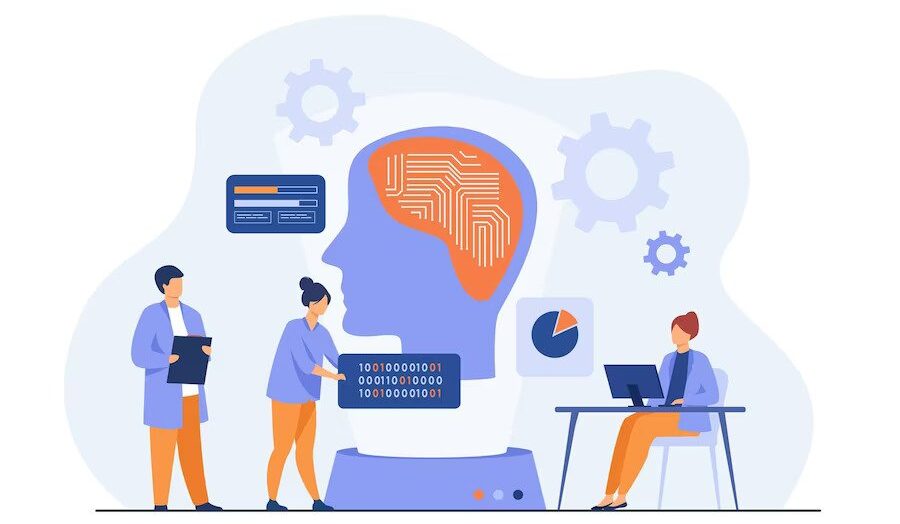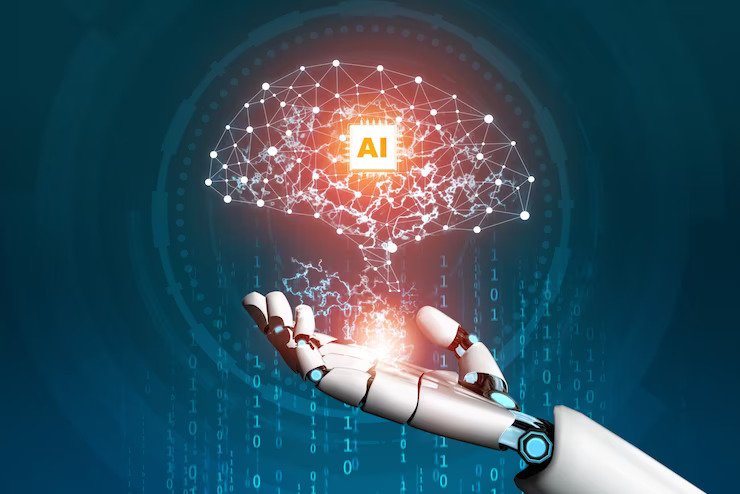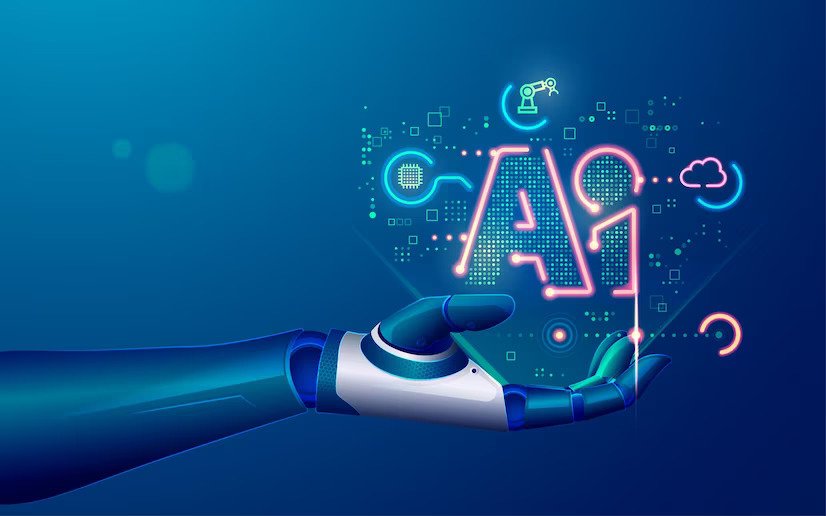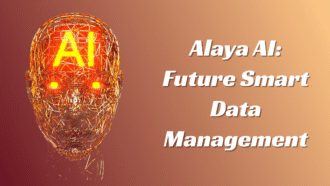AI Course: A Beginner’s Guide to Understanding Artificial Intelligence
The area of artificial intelligence (AI) is quickly developing and can change how individuals live and work. AI is already changing the world in many ways, from self-driving cars to virtual personal assistants. If you’re interested in learning more about this exciting field, an AI course can be an excellent starting point. In this beginner’s guide, we’ll cover the basics of AI and what you can expect to learn in an AI course.
What is AI?

The primary objective of artificial intelligence (AI), a subfield of computer science, is to build smart machines that can carry out tasks that traditionally call for human intelligence. These tasks include things like speech recognition, decision-making, and language translation. AI systems learn from data and use algorithms to make predictions and decisions based on that data.
The two primary categories of artificial intelligence are general or strong AI and limited or weak AI. For someone to do a specific task, such as playing chess or detecting objects in an image, narrow artificial intelligence is constructed. On the other hand, general AI is developed to carry out any intellectual work that a human can.
What will you learn in an AI course?

An AI course will teach you the fundamentals of AI, including machine learning, natural language processing, and computer vision. You’ll also learn to use popular AI frameworks and tools, such as TensorFlow and PyTorch.
Here are some of the key topics that you can expect to cover in an AI course:
Machine Learning
Machine learning is a core component of AI, and an AI course will cover the basics of machine learning, including supervised and unsupervised learning, classification, regression, and clustering. Developing predictive models using machine learning techniques is another skill you’ll acquire.
Natural Language Processing
Natural language processing (NLP) is a subfield of AI that focuses on teaching machines to understand and interpret human language. In an AI course, you’ll learn how to use NLP techniques to build chatbots, virtual assistants, and other intelligent systems that can communicate with humans.
Computer Vision
Computer vision is another subfield of AI that focuses on teaching machines to see and understand visual data. In an AI course, you’ll learn how to use computer vision techniques to build image recognition systems, object detection systems, and other applications that can “see” and interpret visual data.
Deep Learning
Teaching neural networks to learn from a huge quantity of data is known as deep learning, a portion of machine learning. In an AI course, you’ll learn how to build deep learning models using popular frameworks like TensorFlow and Keras.
Ethics and Implications of AI
Finally, an AI course will cover the ethical implications of AI and the potential impact of AI on society. You’ll learn about the risks and benefits of AI and how to design AI systems that are ethical and fair.
Why should you learn AI?
AI is one of the most exciting fields in computer science today and one of the fastest-growing. Learning AI can open up many career opportunities, from data scientist to AI engineer to machine learning specialist. In addition, AI can potentially transform how we live and work, and learning AI can give you a front-row seat to this transformation.
- Increasing demand: AI skills are in high demand across industries. Learning AI opens up numerous career opportunities and increases your employability.
- Technological advancement: AI is at the forefront of technological innovation. By learning AI, you’ll stay updated with the latest developments and be part of shaping the future.
- Automation and efficiency: AI can automate repetitive tasks, increasing efficiency and productivity. Learning AI allows you to leverage this technology to streamline processes and save time.
- Data analysis: AI enables powerful data analysis, helping organizations make data-driven decisions. You can extract insights and uncover patterns from large datasets by acquiring AI skills.
- Problem-solving capabilities: AI provides advanced algorithms and models for tackling complex problems. Learning AI equips you with problem-solving techniques that can be applied to various domains.
- Innovation and creativity: AI fosters innovation by enabling the development of intelligent systems, products, and services. By learning AI, you’ll have the tools to create groundbreaking solutions and push the boundaries of what’s possible.
- Personalization and user experience: AI powers personalized experiences by understanding user preferences and behaviour. With AI knowledge, you can design and build personalized applications and services that cater to specific user needs.
- An effective approach to more effective decision-making is possible thanks to AI, which can analyze enormous volumes of data and offer insights. By learning AI, you can make accurate decisions in various domains.
- Ethical considerations: AI brings up ethical challenges that need to be addressed. By learning AI, you can contribute to developing responsible and ethical AI systems, ensuring that technology benefits society.
- Future-proofing your career: AI is a transformative technology that will continue to shape industries and job markets. By acquiring AI skills, you future-proof your career and enhance your adaptability to evolving technological landscapes.
Remember that learning AI is a journey, and choosing the specific areas of AI that align with your interests and career goals is important.
Conclusion
In conclusion, an AI course can be an excellent starting point for anyone interested in learning about this exciting field. From machine learning to natural language processing to computer vision, an AI course will cover the fundamentals of AI and give you the skills you need to build intelligent systems. Whether you’re looking to start a career in AI or want to learn more about this fascinating field, an AI course is a great place to start.

















